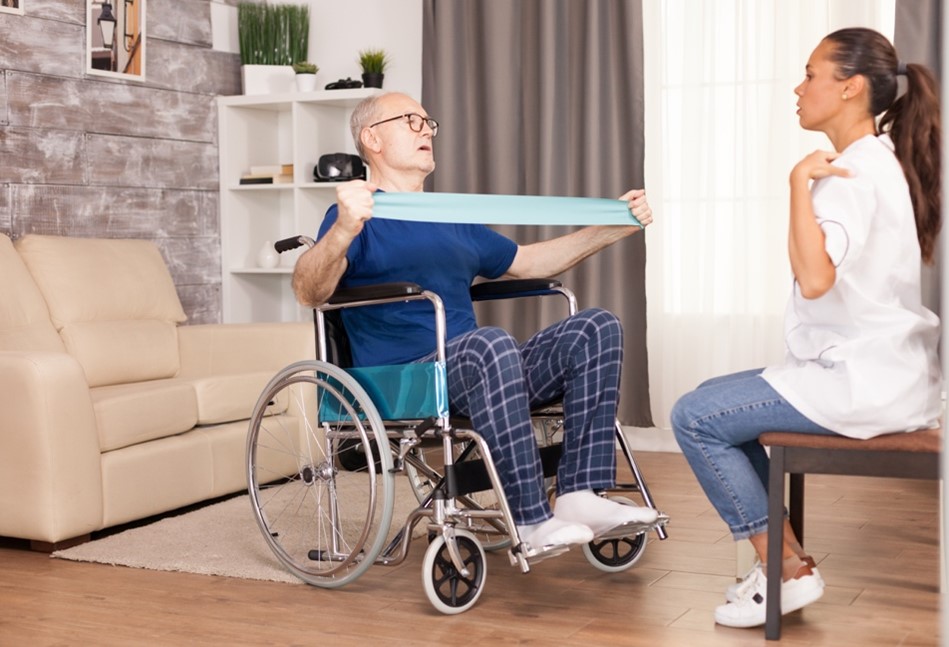Cerebral Palsy (CP) is a neurological condition that impacts movement, muscle tone, and posture. It presents unique challenges, but with appropriate support, individuals with CP can accomplish significant milestones. Physiotherapy is one of the main supports in this journey.
This blog highlights the critical role of physiotherapy in improving the lives of those with CP.
Understanding Cerebral Palsy
- A childhood condition: CP results from abnormal brain development or damage to the developing brain, impacting a child’s muscle control.
- Diverse symptoms: ranging from mild to severe, symptoms may include muscle rigidity, involuntary movements, and issues with balance and coordination.
The Impact of Physiotherapy
- Better mobility: physiotherapy enhances muscle strength and joint flexibility, leading to easier, more controlled movement.
- Decreased muscle tightness: ongoing therapy reduces muscle spasticity and improves muscle functionality.
- Increased independence: improved mobility allows individuals with CP to be more independent in daily tasks.
Physiotherapy Strategies for CP
- Flexibility exercises: for better flexibility and movement.
- Strength training: to strengthen muscles and support weaker areas.
- Balance and coordination drills: to improve motor skills and prevent falls.
- Using special equipment: like braces or wheelchairs, for better mobility.
The Importance of an Early Start
- Early therapy: starting physiotherapy early can greatly affect a child’s development and life quality.
- Customized plans: physiotherapists design individualized programs to meet each child’s specific needs.
More Than Physical Help
- Emotional and social growth: physiotherapy also aids in the emotional and social development of children with CP, enhancing their confidence and self-worth.
- Involving the family: educating and involving family in therapy is key for continuous support and motivation.
In conclusion, physiotherapy is more than a treatment; it is a path to empowerment for those with Cerebral Palsy. Through dedicated exercises and methods, it offers new opportunities, promoting autonomy, strength, and self-assurance. Each small step in physiotherapy marks significant progress in the CP journey.

